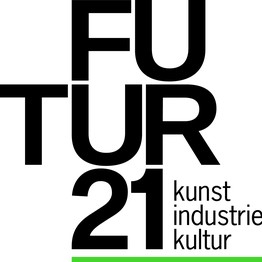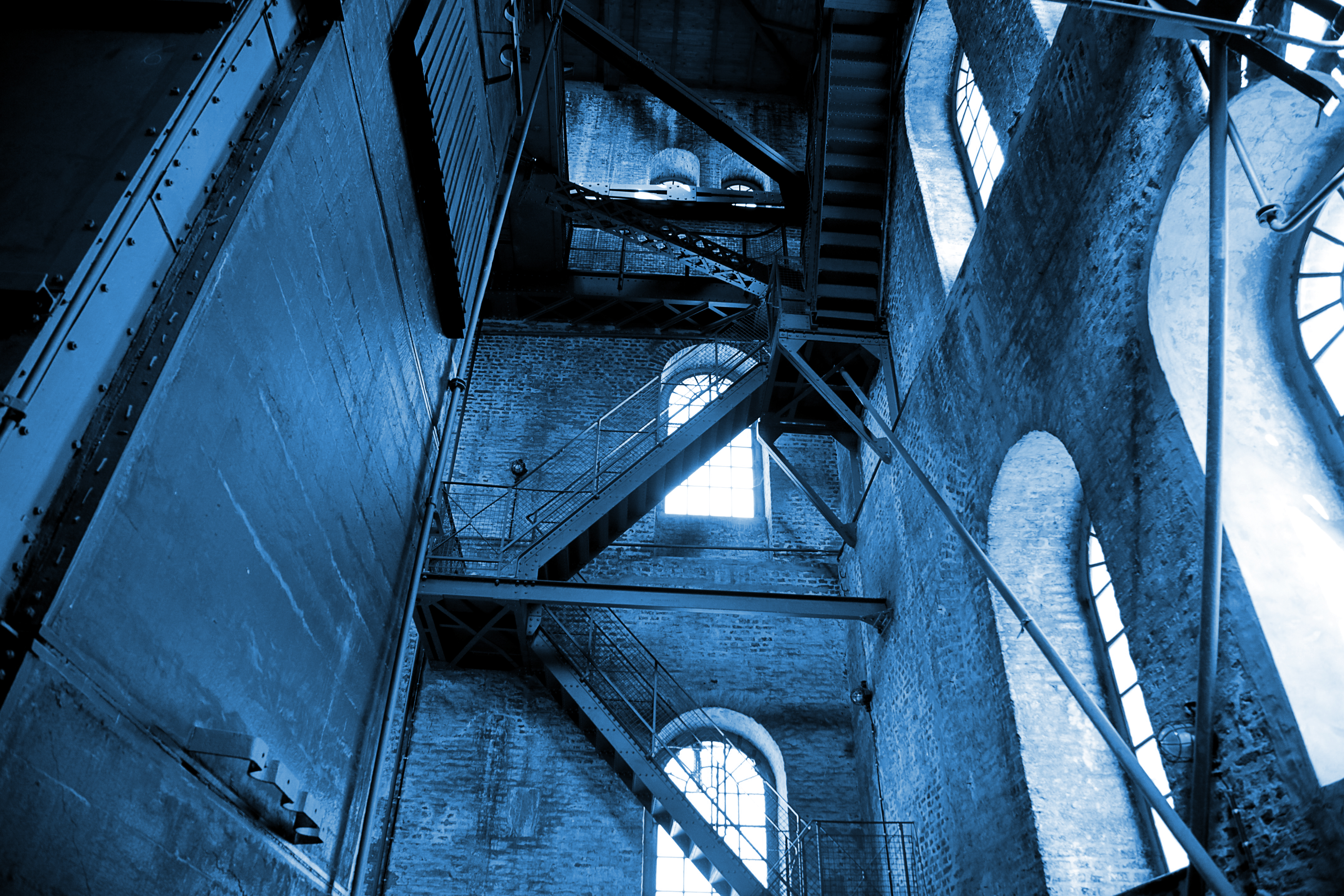Singing Machine / Zorka Wollny
Sound installation in the Malakow Tower
Artist Zorka Wollny developed the expansive sound installation SINGING MACHINE for the Hannover Colliery. The work deals with the influence of migration on the cultural landscape, especially the musical culture, of the Ruhr region. For SINGING MACHINE, Wollny invited musicians from diverse cultural backgrounds to develop a composition together. The eleven audio tracks of the piece create a multi-layered soundscape that fills the Malakow Tower. The musical expression of different communities in the region thus becomes a spatially immersive listening experience.
Zorka Wollny
Zorka Wollny's works straddle the boundary between theatre and visual art and are closely linked to the history and architecture of the respective locations. Using classical instruments, everyday objects and singing, Wollny creates immersive soundscapes from harmonious tones and site-specific noises. Her works have been presented at the Museum of Modern Art in Warsaw, the National Museum in Krakow, the Chicago Architecture Biennale, Steirischer Herbst, Hebbel am Ufer, CTM Festival and Savvy Contemporary, among others. She works as an associate professor at the Academy of Fine Arts in Szczecin.
The sound installation can be heard hourly in the Malakow Tower during museum opening hours.
Composition:
Zorka Wollny (PL/DE)
Sound Design:
Steven McEvoy (IRL/DK)/ Bátor Tóth (HU/DE)
Performers:
Anastasia Osoianu (MD/DE) – vocals/ Bidisha Das (IND/DE) – electronic instruments/ vocals/ Gîvara Efrîn (SYR/DE) – saz, vocals/ Mohamad Tamem (SYR/DE) – Darbuka, flute, accordion/ Ralf Lambrecht (Bed/Ruhristan Medine) – tuba, sousaphone, trombone/ Shevan Tamo (SYR/DE) – guitar/ Su Dönmez (TR/DE) – vocals, electric and bass guitar
Singing Machine
Interview with the performers of the 11-channel sound installation
FUTUR 21
kunst industrie kultur
Die Arbeit SINGING MACHINE von Zorka Wollny ist im Rahmen des Medienkunstfestivals FUTUR 21 entstanden.

